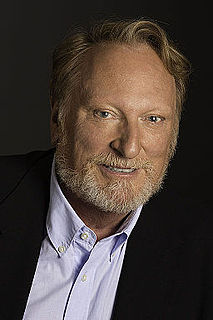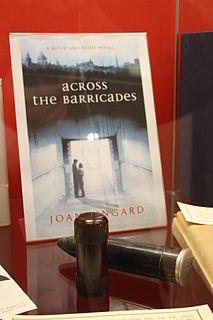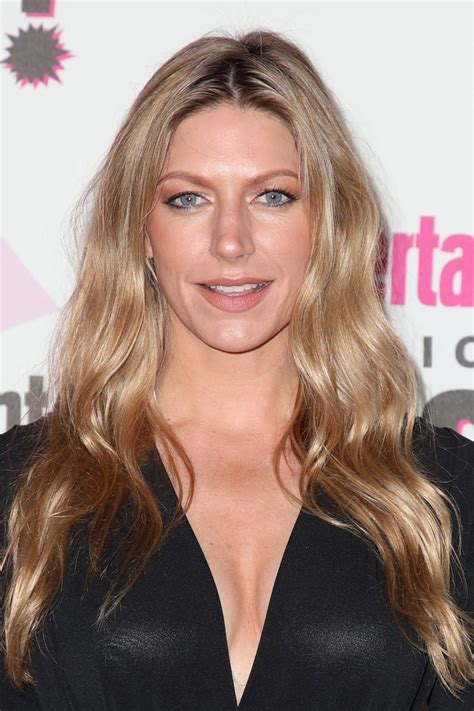A Quote by Carol Windley
Each story presents a mystery that has to be solved in the process of writing. When I'm at work on a story, I'm completely immersed in that world and in the lives of those characters; they're utterly real to me. Then, when I've completed the story, it all just falls away. The whole compulsion to understand is over.
Related Quotes
You have to do three things really well to make a successful film. You have to tell a compelling story that has a story that is unpredictable, that keeps people on the edge of their seat where they can't wait to see what happens next. You then populate that story with really memorable and appealing characters. And then, you put that story and those characters in a believable world, not realistic but believable for the story that you're telling.
Translation is harder, believe it or not. You do have to come up with a story, and actually I'm mystified by that process. I don't exactly know how the story just comes, but it does. But in writing a story that you're inventing, versus writing a story that somebody else has made up - there's a world of difference. In translation you have to get it right, you have to be precise in what you're doing.
The thing that's helped me from wrestling is sometimes when you do live television, things change immediately, so you can be immersed in one story and then the story shifts. Ultimately, if you just get the point of what you're trying to accomplish, if you know the story, then you can put forth a good product.
I think that when I'm telling a story, I'm doing the best I can to tell the story as fully as I can, and if there are various fractures that happen in the story, then that's just the very thing that the story is as opposed to my looking for avenues of difference in one story. They just really do exist. For me, anyway.
My theory for nonfiction is that nobody can be free of some kind of conceptions about whatever story they're writing. But if you can find a way to build those into the story, then the story becomes a process of deconstructing and heightening and sometimes changing those notions and that makes dramatic tension. The initial statement of your position, and then letting reality act on you to change it, is pretty good storytelling.
Every movie has three things you have to do - you have to have a compelling story that keeps people on the edge of their seats; you have to populate that story with memorable and appealing characters; and you have to put that story and those characters in a believable world. Those three things are so vitally important.
I didn't know how story worked. So, when writing the screenplay, people introduced me to the science of it. And I'm grateful. I'll probably use that information for the rest of my career, in terms of writing novels or writing stories. And then, of course, to help me live a better story, a more meaningful story
The Work always leaves you with less of a story.
Who would you be without your story?
You never know until you inquire.
There is no story that is you or that leads to you.
Every story leads away from you.
Turn it around; undo it.
You are what exists before all stories.
You are what remains when the story is understood.
In the thousands of stories I've collected over the years there are people who just want to know that their story matters, that their story isn't beyond hope. And people, no matter how broken a story I might read, I have always found at least a glimpse of God's hand still at work in each and every story. I have been powerfully reminded that God is in the junkyard business. He willingly walks into the messiest parts of our lives, gets his hands dirty, and begins building something beautiful out of that very thing which the world might overlook as worthless.
Animation story boarding works differently than live action story boarding. The story crew along with a writer really does shape and create the film - the world and it's characters. We meet almost every day and brainstorm the plot of the film. It's a highly collaborative process - and we continue to improve the story until we literally run out of time.




































